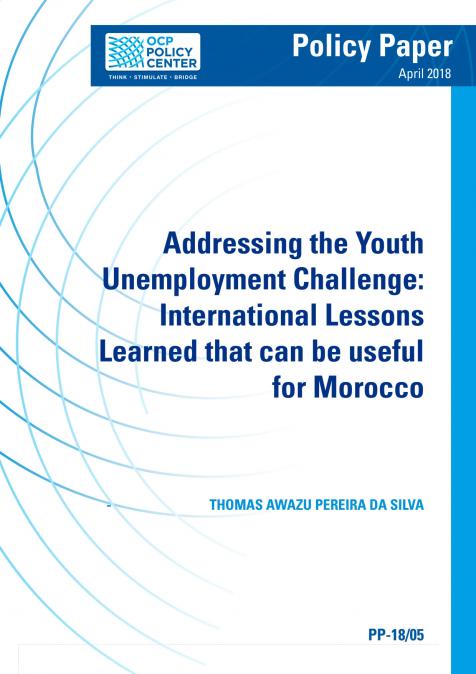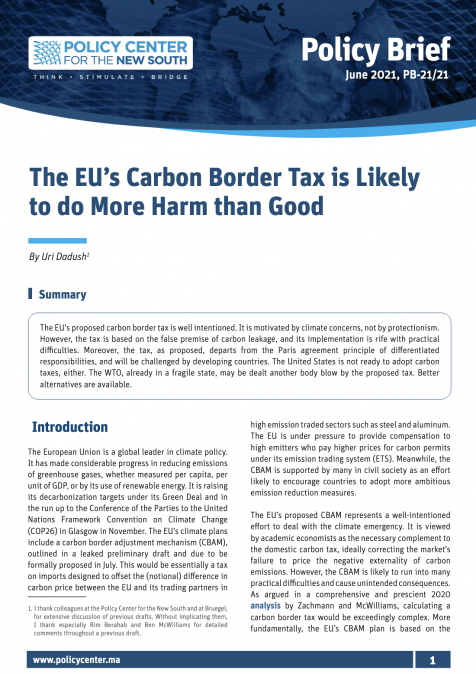Publications /
Policy Paper
Current levels of youth unemployment have hovered much higher than average unemployment in many developed and developing countries. European and MENA region countries are the hardest hit with rates climbing to record highs following the global financial crisis. In addition to a specific sensitivity to cyclical economic activity, the main factors that explain youth unemployment are known but more striking in Morocco than in the rest of the world: demographic trends in youth labor force participation; skills mismatches; and labor market rigidity are present. In order to tackle its youth unemployment problem Morocco can use policies resulting from lessons learned internationally such as active labor market policies, more adequate minimum wage settings, more flexible contracts, initiatives to acquire new skills related to current technological changes; and finally, more public-private partnerships (PPP). It is important that the issue of youth unemployment is addressed promptly when youth unemployment rates are high because of the strong correlation between youth unemployment and socio-economic and political instability.







